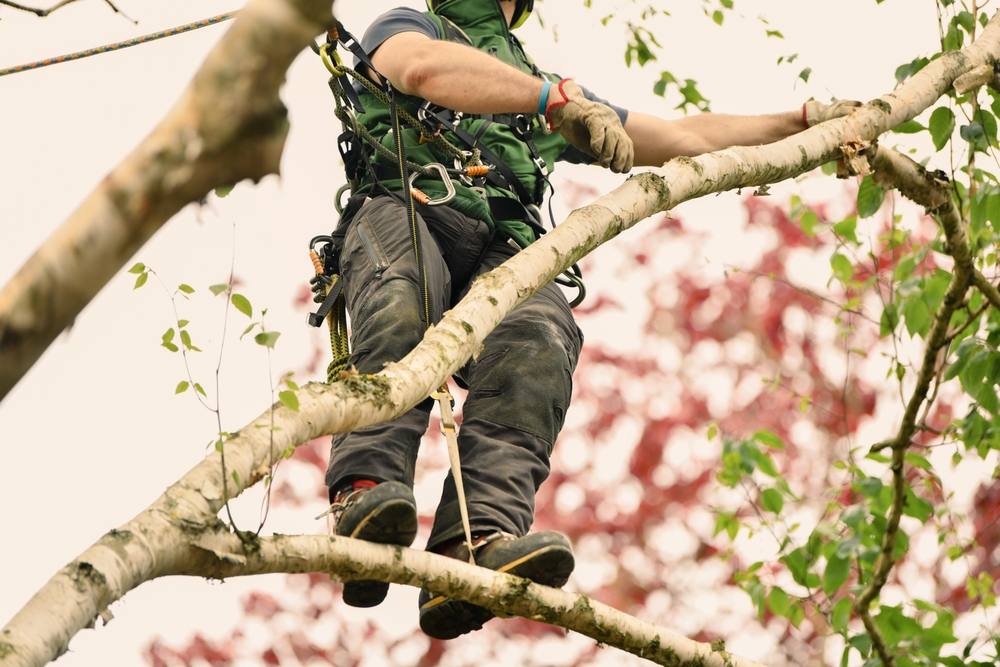Extra benefits denied over alleged safety lapse that led to arborist’s death
- October 21, 2025
- Posted by: Web workers
- Category: Workers Comp

The Ohio Court of Appeals ruled there is “insufficient evidence” to prove that an applicable safety lapse led to the death of an arborist whose spouse applied for extra workers compensation death benefits, allowable in Ohio if a death results from a documented safety issue.
Sean Hudson was working for the City of Cleveland when a six-foot-tall tree stump fell and pinned him to the ground, killing him. After the Ohio Bureau of Workers’ Compensation investigated the accident and cited the City of Cleveland with five workplace safety violations, a workers compensation death claim was allowed. His widow later filed an application for an additional “violation of a specific safety requirement” award, which was denied, according to State ex rel. Hudson v. Cleveland, filed in the appellate court’s 10th District.
The appeals court, in affirming an April decision by a magistrate, said that one of the city’s alleged safety violations applied to “construction” work and did not apply to tree removal, specifically.
Mr. Hudson was “engaged in the removal of a tree stump from a cultural garden. The commission’s staff hearing officer concluded claimant offered insufficient evidence to prove arborists fit within the scope of (safety code) and the magistrate agreed,” the court wrote.
The court agreed with the magistrate’s assessment, explaining that the safety rule included “many examples of activities that qualify as construction, but none could plausibly include the work of an arborist like (Mr.) Hudson. The removal of trees or tree stumps is not mentioned in the rule.”
“Lacking an applicable and specific safety requirement, the commission and magistrate correctly decided the City of Cleveland has no obligation to pay additional benefits based on the alleged (violation of a specific safety requirement),” the court wrote.



